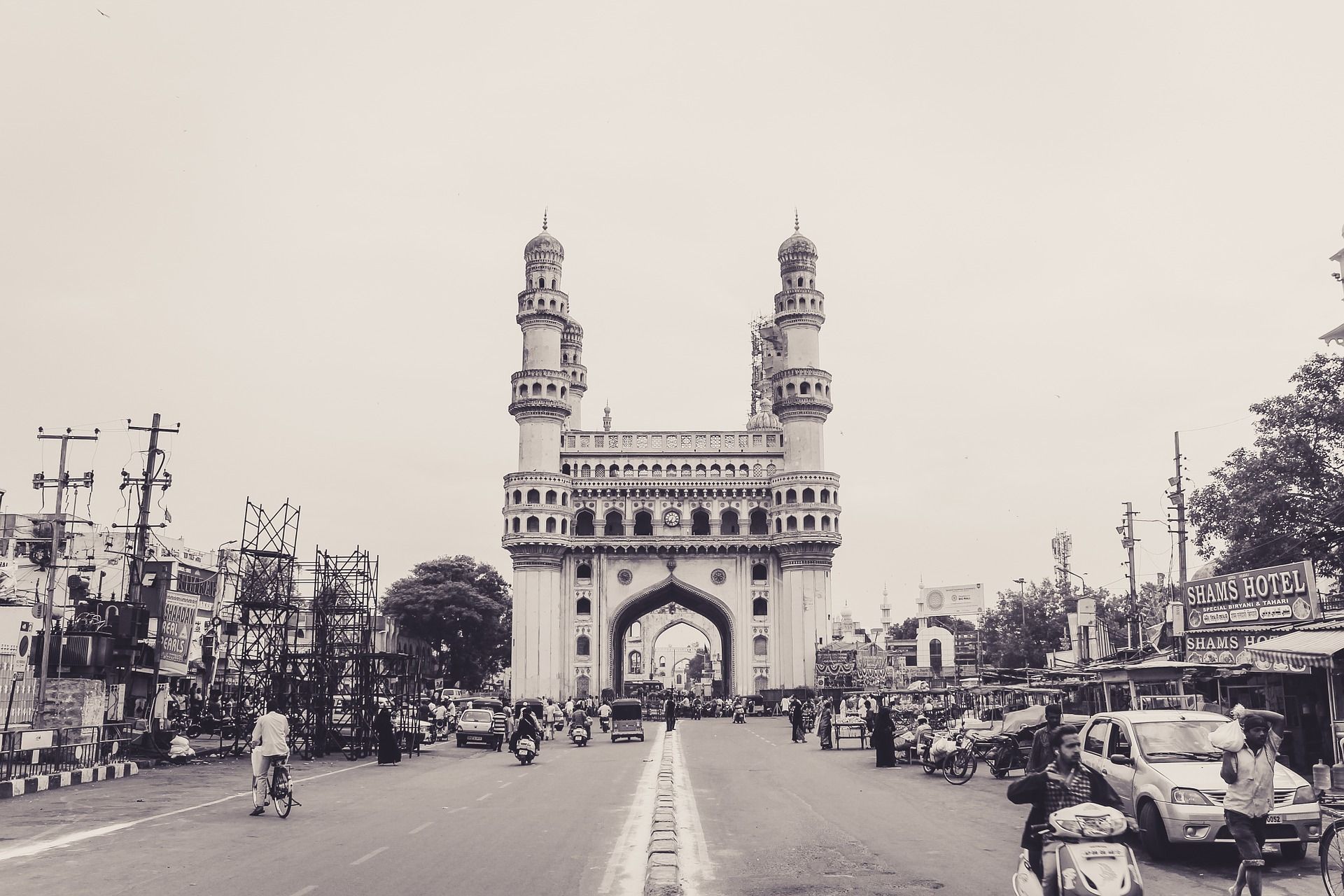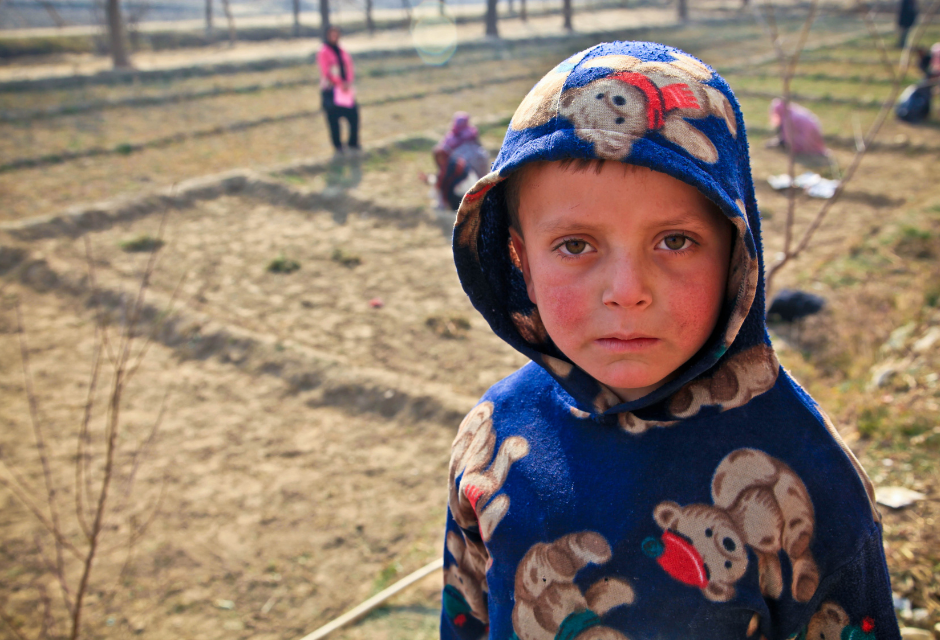Do you know, India is a young country with more than 472 million children?
Protecting this 40% youth of the total population of the country is not only a human rights issue but also an investment in building a resilient country.
How can the government ensure that the children live a safe and dignified life, away from exploitation, violence, negligence, deprivation, abuse, and discrimination?
This is what the Indian Government is doing:
The Constitution of India recognizes children as equal bearers and makes the protection and welfare of children a top priority. India has also signed the United Nations Convention on the Rights of the Child (UNCRC) and, accordingly, has a strong legal framework for protecting children, including:
- Prohibition of Child Marriage Act, 2006
- The Right of Children to Free and Compulsory Education Act 2009
- The Commission for Protection of Child Rights Act 2005
- Pre-Conception and Pre-Natal Diagnostic Techniques (PCPNDT) Act 1994
- The Protection of Children from Sexual Offences Act 2012
- The Juvenile Justice (Care and Protection of Children) Act 2015
- Child Labour (Prohibition and Regulation) Amendment Act, 2016.
Form 19 -

Table of Contents:
- Introduction
- Maintenance of Register Forms
- Section 73 of 1948 The Factories Act Title: Registration of child labourers.
- Section 74 of the 1948 Factory Act Title: Working hours posted under Article 72 and registered under Article 73.
- Section 75 of the 1948 Factory Act Title: The power to demand a medical examination.
- Section 76 of the 1948 Factory Act Title: The power to create rules.
- Section 77 in The Factories Act, 1948 Title: Certain other provisions of law not barred.
- The Child Labour ( Prohibition and Regulation) Act, 1986
- Factory Act 1948 [3]
- Law Penalties under the Act:
- Conclusion
- Key Takeaways
Introduction
If any country treats its children properly and provides basic equipment, it will be reflected in the country's economy and future performance. The moral obligation of the country is to ensure that the childhood of all children is protected. Child labour is a global phenomenon and is not limited to just one country. "Child labour" is defined as the employment of children in any physical work. For the Child Labour (Prohibition and Regulation) Act of 1986, a "child" is a person under the age of 14.
Maintenance of Register Forms
The required Register Form 17 is to be maintained by all organizations for adult workers, registration, and the required Register Form 19 should be maintained for child labour registration by the manager of each factory.
The prescribed forms 16 and 18 are for adult working hours reports and children working hours reports respectively and must be properly maintained and posted by all companies.
No adult worker or child may be forced or permitted to work in the factory except following the applicable working hours’ notice posted on the factory. The factory owner, occupant, or manager must submit the prescribed periodic declaration to the inspector regularly.
Section 73 of 1948 The Factories Act Title: Registration of child labourers.
What are the employer's obligations to hire child labourers?
The employer's primary responsibility is to notify the factory inspector if he hires a child for employment. By law, he is also required to submit an age certificate. Each manager shall maintain a registration form that can be inspected by the compliance team at any time during working hours or while working at such facility for children employed or licensed at the facility, which includes child labour.
The manager of each factory that employs children shall maintain a register form 19 prescribed under rule 111 as Register of Child Workers that can be used by inspectors during working hours or at any time when working at the factory, indicating the following:
- The name and address of each child labourer in the factory
- Personal details like father’s name, date of first employment, number of certificates, and its date
- The nature of his work
- If applicable, the group to which he belongs
- Where his group works, the leader/relay/shift to which he is assigned, and
- His credential number was issued following Section 69
- [(1A) No child labourer may be required or permitted to work in any factory unless the child labourer's name and other details are listed in the child labour register. ]
- The state government may specify the format of child labour registration, how it is retained, and how long it is retained.
Section 74 of the 1948 Factory Act Title: Working hours posted under Article 72 and registered under Article 73.
No child labour may be employed at any factory except following the working hours of the child posted on the factory and the entries previously made to him in the name on the factory child labour as per the register form.
Section 75 of the 1948 Factory Act Title: The power to demand a medical examination.
If the inspector has the opinion that
(a) any person working in a factory without a fitness certificate is a young person, or
(b) a young person working in a factory with a certificate is no longer suitable
In the competent ability, he may notify the factory manager that such a person or young child may be required to be examined by a qualified surgeon. If so instructed by an official, until he is employed or he is so screened and a fitness certificate, or if appropriate, a new fitness certificate is issued following Section 69, or an Examination Certified Surgeon claiming that he is not a child.
Section 76 of the 1948 Factory Act Title: The power to create rules.
The state government can issue the following regulations
(a) It specifies the format of the certificate of conformity issued under Article 69, the issuance of a copy of the original certificate is lost, such a certificate and its renewal and such. Specify the fees that may be charged for the copy
(b) Requirements for physical standards to be achieved by children and adolescents working in factories
(c) Manage procedures for accrediting surgeons under this chapter
(d) Specify other obligations performed by accrediting surgeons in connection with the employment of young people in factories, and the obligations and the fees they may be charged to the person to be paid
Section 77 in The Factories Act, 1948 Title: Certain other provisions of law not barred.
The provisions should abide by the norms of the Employment of Children Act, 1938 (26 of 1938his talks about the working conditions of children under various Acts In India, and it is followed to ban and monitor the working conditions and age for child labour.
The Child Labour ( Prohibition and Regulation) Act, 1986
This Act was formed to safeguard the childhood of the young generation of the country and provide them basic amenities during their development years.
Article 24 of the basic rights mentioned under the right of exploitation in the Constitution of India (Land Law) also mentions the prohibition of hiring children in factories and the like.
Child Labour (Prohibition and Regulation) Act 1986, reveals information on the causes, effects, etc., of child labour under the age of 14 in a particular occupation.
It prescribes the regulation and prohibition of working conditions for children in occupations related to:
- The transportation of persons, goods, or mail through railroad
- Bidi manufacturing
- Carpet weaving
- Matchsticks, explosives, and fire manufacturing
- Soap manufacturing
- Wool washing
- Construction and Building industry
The government also prohibits the employment of children in the following occupations or processes:
- Slaughterhouses / Abattoirs
- Reported factory of dangerous processes and operations
- Printing
- Cashew and cashew nut descaling and processing
- Soldering process in the electronics industry.
The law prohibits the employment of children in about 13 professions and about 51 processes:
[1] The basic rights mentioned in Article 24 of the Constitution of India (Land Law) under the Right to Exploitation also refer to the prohibition of hiring children in factories and the like.
[2] The law stipulates that:
- Children cannot work from 7 pm to 8 am
- Overtime is not allowed for children
- A child cannot work more than 3 hours straight before taking a 1-hour break
- The spread over was set to 6 hours.
- A child cannot work in more than one facility on a particular day
- Weekly holidays are allowed
- The law also provides health and safety measures for children. Article 13 of the Act describes the employer's provision of drinking water, provision of toilets and urinals for child labourers, cleanliness, waste and sewage disposal, ventilation, and temperature
- Employers must also provide measures to protect against dust, smoke, artificial humidification, mechanical fencing, and more
- The employer must notify the factory inspector when hiring a child
- By law, the employer is also required to submit an age certificate
Factory Act 1948 [3]
There are certain rules prescribed in this Act for the well-being of young people working in the factories:
- Section 22 of the Act states that young people are not permitted to clean, lubricate, or adjust parts of the machine that are at risk of injury from moving parts of this machine or any adjacent machine
- Article 23 of the Act states that it is not possible to hire young people for dangerous machinery
- Article 27 of the Act prohibits the hiring of children anywhere in the cotton packaging factory where the cotton opener works
- Beedi and Cigar Workers (Conditions of Employment) Act, 1966 [4]: Section 24 of the Act defines that under this Act, the employment of children and young people in this transaction is strictly prohibited
- Plantation Labour Code, 1951 [5]: Section 25 of the Act provides that women and children can only be hired from 6 am to 7 pm. They can only be hired with the approval of the state government
- Domestic Workers (Registered Social Security and Welfare) Act, 2008 [6]: Section 14 of the Act is for children as domestic servants or auxiliary or ancillary work as prohibited by law. It stipulates that you must not hire for this reason
Law Penalties under the Act:
Employer: If you hire a child contrary to the law –
- Imprisonment of 3 months or more, may be extended to 1 year or you will be fined Rs. 10000 up or Rs. 20000 or both
- A second violation of the same type can be imprisoned for at least 6 months and extended to 2 years
- Registration (Register Form) failure, simple imprisonment of up to a month, or a fine of up to Rs. 10000 or both
Conclusion
The Constitution of the country guarantees, rules, laws, and acts are reflected in guidelines as Child labour regulations. According to Article 24 of the Constitution, no child under the age of 14 years may be employed in any factory, mine, or other dangerous facility or profession. In addition, Article 39 requires states to adjust their policies accordingly. If the employers are hiring young children, they must mandatorily maintain the Register Form 19 for each employee and maintain records and details as prescribed by the law.
How can Deskera Help You?
As a business, you must be diligent with employee leave management. Deskera People allows you to conveniently manage leave, attendance, payroll, and other expenses. Generating pay slips for your employees is now easy as the platform also digitizes and automates HR processes.

Key Takeaways
- Register Form 19 is to maintain a record of every child worker (young worker) working in any factory, industry, or organization
- This needs to be maintained by each manager of various departments who hire and employ the young people
- All professional and working institutions need to abide by the Factory Act 1948 and the Child Labour (Prohibition and Regulation) Act 1986 while considering the employment of children
- The register form 19 must be maintained according to the set rules and given columns with an attached fitness certificate
- There are certain industries banned by the law where young children should not be employed
Related Articles











